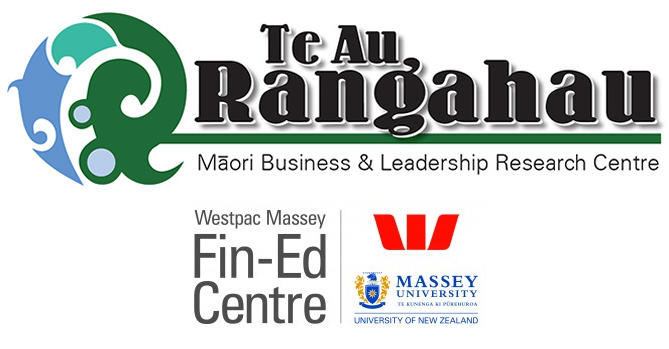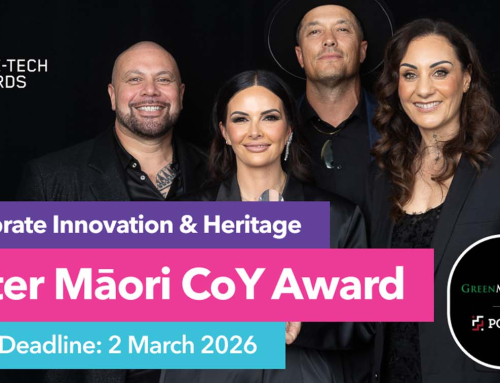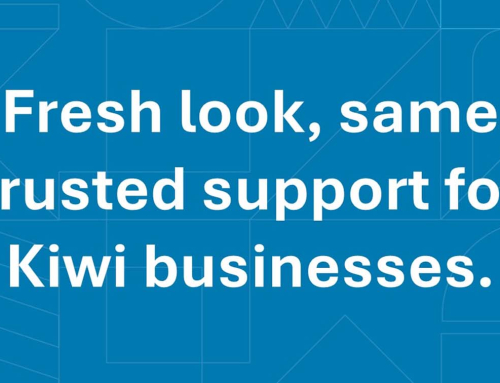With the Māori economy estimated to be worth at least $42 billion, developing strategies to support Māori entrepreneurs is a priority for economic development agencies around New Zealand.
A new report from the Westpac Massey Fin-Ed Centre and Te Au Rangahau, Massey University’s Māori Business and Leadership Centre, explores the financial capability of Māori entrepreneurs. It found many experience issues around accessing finance, tax compliance and managing debt and wealth.
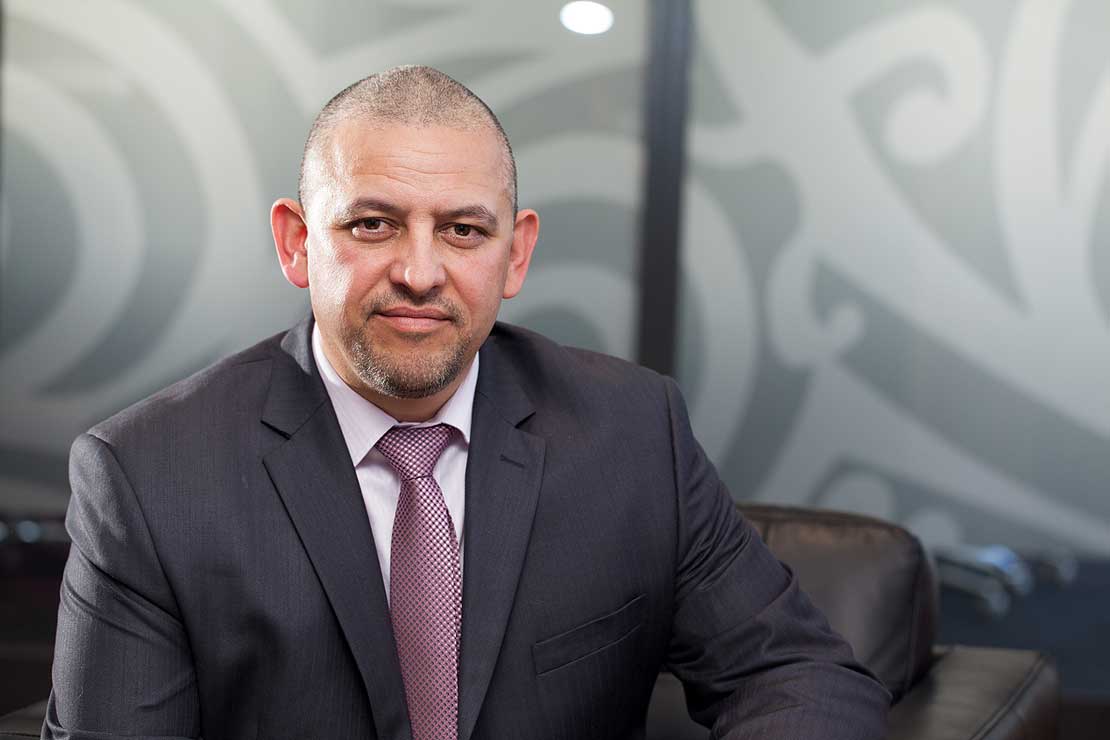
Dr Jason Mika, Director of Te Au Rangahau, Massey University’s Māori Business and Leadership Centre
Dr Jason Mika, report co-author and director of Te Au Rangahau, says Māori entrepreneurs’ uptake of financial support services could be improved.
“The report clearly identifies a need to develop financial capability further,” he says. “While many are accessing support, some are not doing it as much as they could, especially in the early stages of their business.”
While the majority of the participants in the study expressed confidence in their money management skills, the study identified a number of areas where more support could provide positive results.
Under 14 per cent of participants had taken up formal debt financing from their banks, indicating an aversion to risk. A small number also feared negative stereotyping by banks when applying for loans. While the study found 64 per cent had found debt to be a problem, the majority of these businesses had a back-up plan in place.
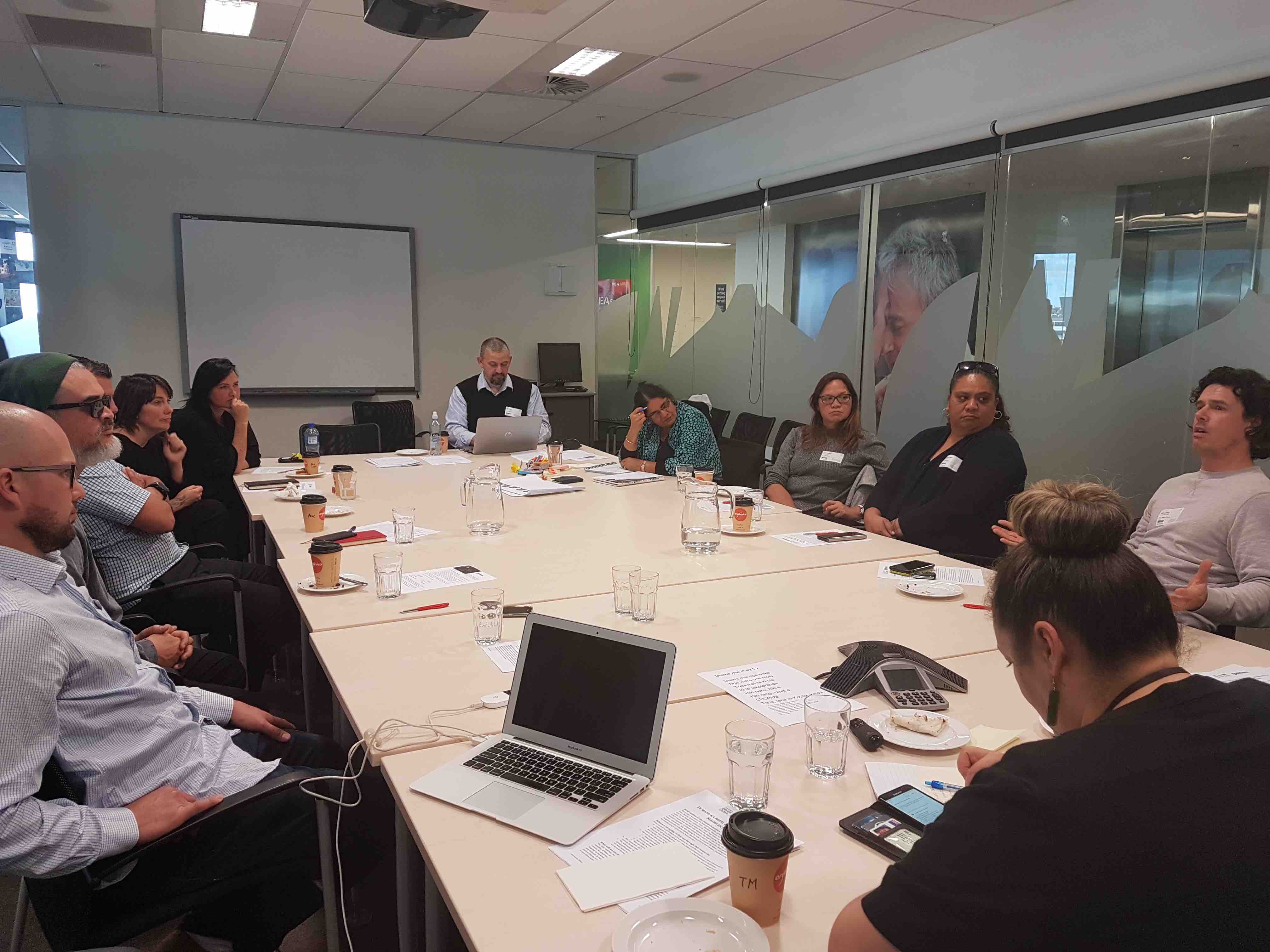
One of the focus group hui held at the ATEED office, Tāmaki Makaurau.
Concerns about a lack of contingency planning
However, of those who said debt was not a problem, 89 per cent had no back-up plan and 56 per cent did not have a business budget. “For these companies, we felt debt could be a potential issue in the future and there was probably a need for adequate contingency planning,” Dr Mika says.
While a majority of participants had fair or positive experiences with government agencies offering financial support or business mentoring, 36 per cent reported having a poor experience. When asked what they would have done differently in starting their businesses, many participants said they would have liked more knowledge, support and robust business networks.
“Support networks generally don’t accommodate the differences in the approach of Māori enterprises,” Dr Mika says. “Programmes could be more open to different ways of thinking about how and why business is done. The objective is to help businesses, but it needs to be done in a way that is culturally appropriate for the entrepreneur, whether they are Māori, Chinese or Pakeha.”
The first step for support agencies is to agree that developing a Māori responsiveness plan is a good thing to do, Dr Mika says. The report participants identified whanau-centred design and delivery and youth-focused programmes as likely to increase uptake of business support services.
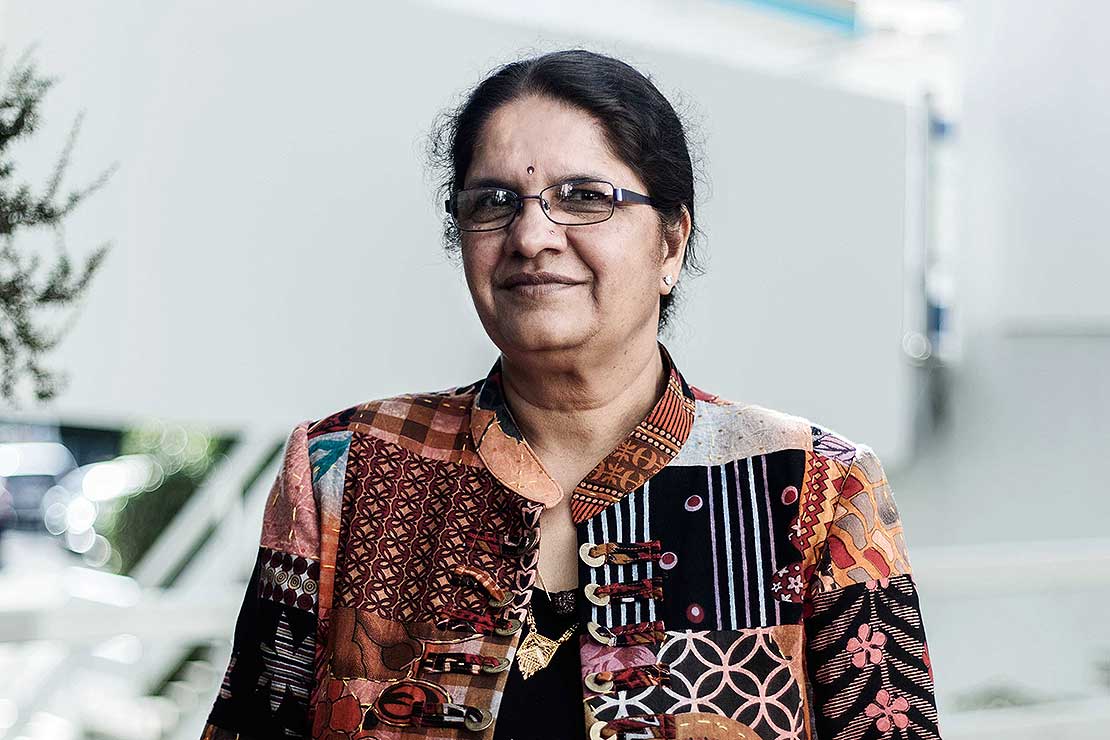
Dr Pushpa Wood, Director of the Westpac Massey Fin-Ed Centre (Financial Education and Research Centre)
Culture and commercial success – a tricky balancing act
“The key thing is to talk to Māori to understand their needs and support them in a way that is consistent with their values,” Dr Mika says.
He says Māori businesses are also starting to develop their own solutions.
“In Northland, a lot of the firms we talked to were smaller in scale. Entrepreneurs were self-employed and the businesses were whānau-based. What was really interesting was the way they were pushing for a more cooperative approach to address issues around scale, including how to make the most of opportunities.”
Dr Mika believes this cooperative approach is just one of the characteristics that can make Māori enterprises different to other businesses.
“The entrepreneurs we talked to were proud of being Māori and expressed their Māori identity through their businesses,” he says. “They understand the importance of being profitable – profit is the lifeblood of the business, but it’s not why they are in business.
“It can be a tricky balancing act and it shapes the decisions they make in running their enterprises. Success is defined by having a business that is financially sustainable while providing opportunities for whānau to participate and benefits for the wider community.”
He says these enterprises play an important role in achieving Māori aspirations of financial independence and self-determination. The ultimate aim, he says, is to “afford choices to mokopuna”.
About the report
Te Manu ka Rere: Fostering Māori Enterprise and Financial Capability was funded with a grant of $30,000 from the SkyCity Auckland Community Trust and supported by Poutama Trust. The study conducted focus groups with nearly 30 Māori entrepreneurs in Auckland and Northland, supplemented by structured surveys. It aimed to study the financial capability of Māori entrepreneurs and its impact on their ability to start and run Māori enterprises.
Poutama would like to thank the Māori businesses who gave up their valuable time to participate in the focus group hui held in Manukau, Auckland, Whangārei and Kaitaia and completed the online surveys. Ngā mihi nui ki a koutou.
The full report can be downloaded here.
For more information:
Sidah Russell
027 471 8571
s.*******@*******ac.nz

